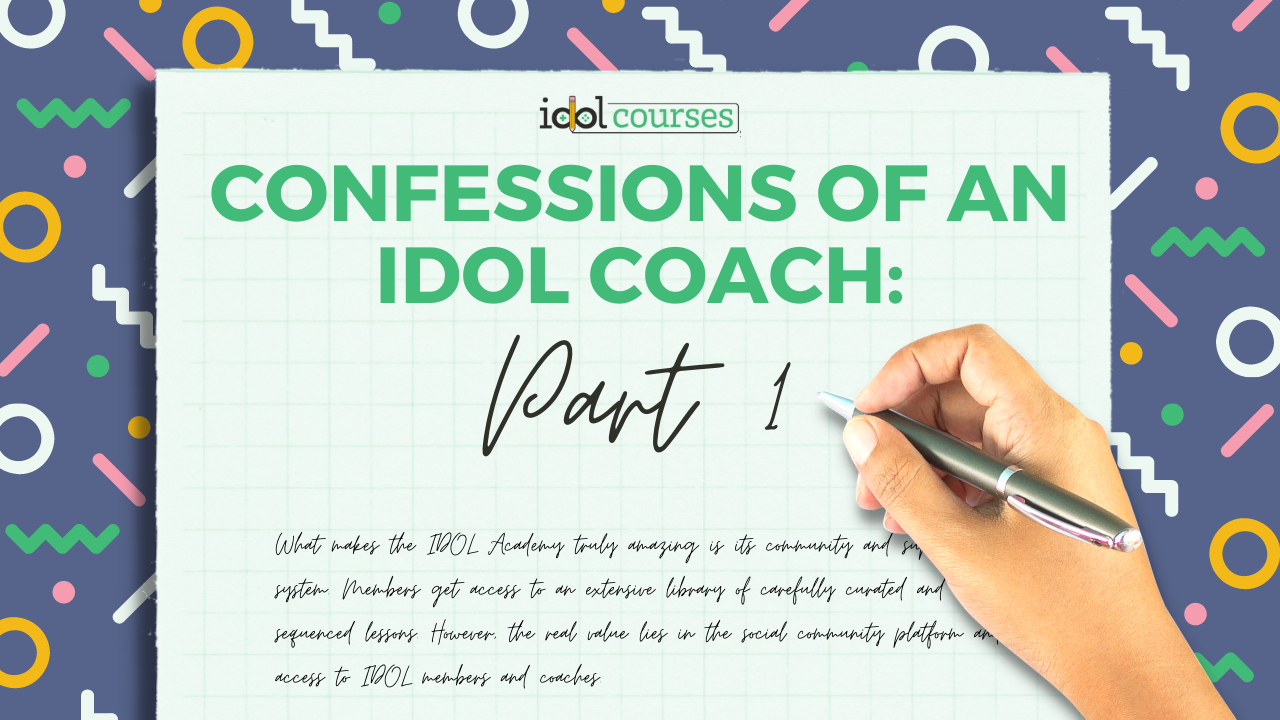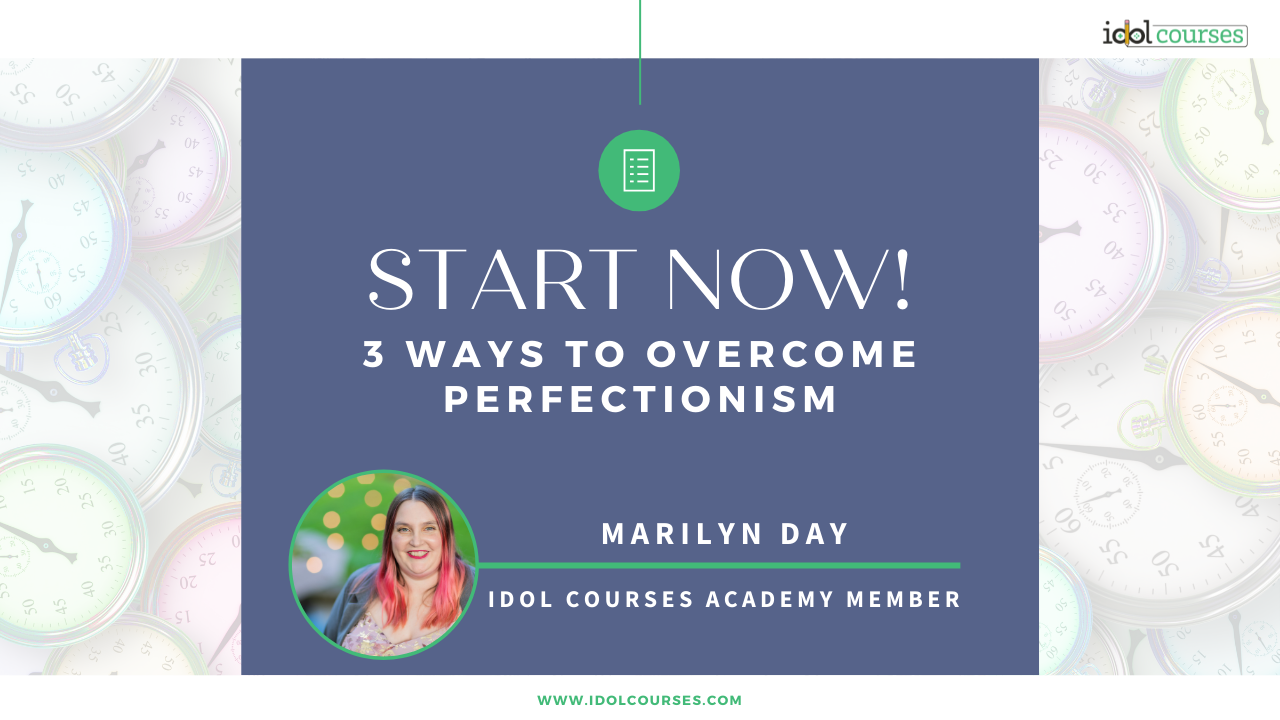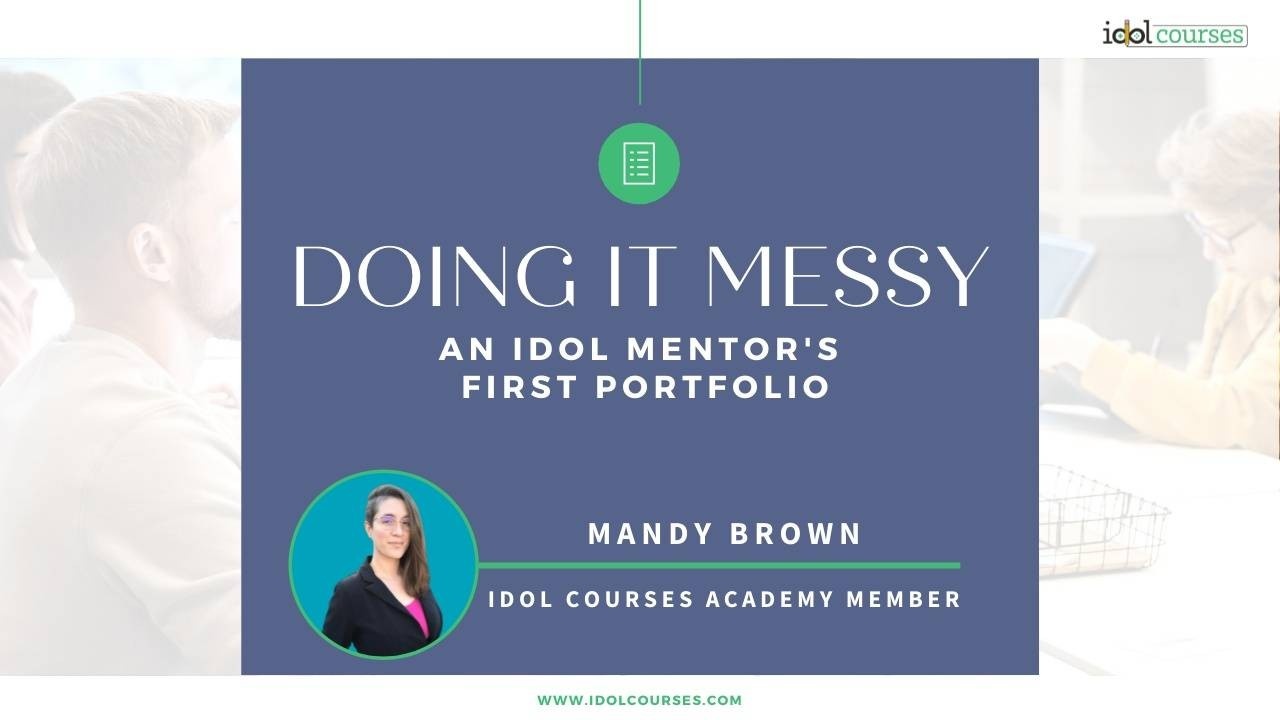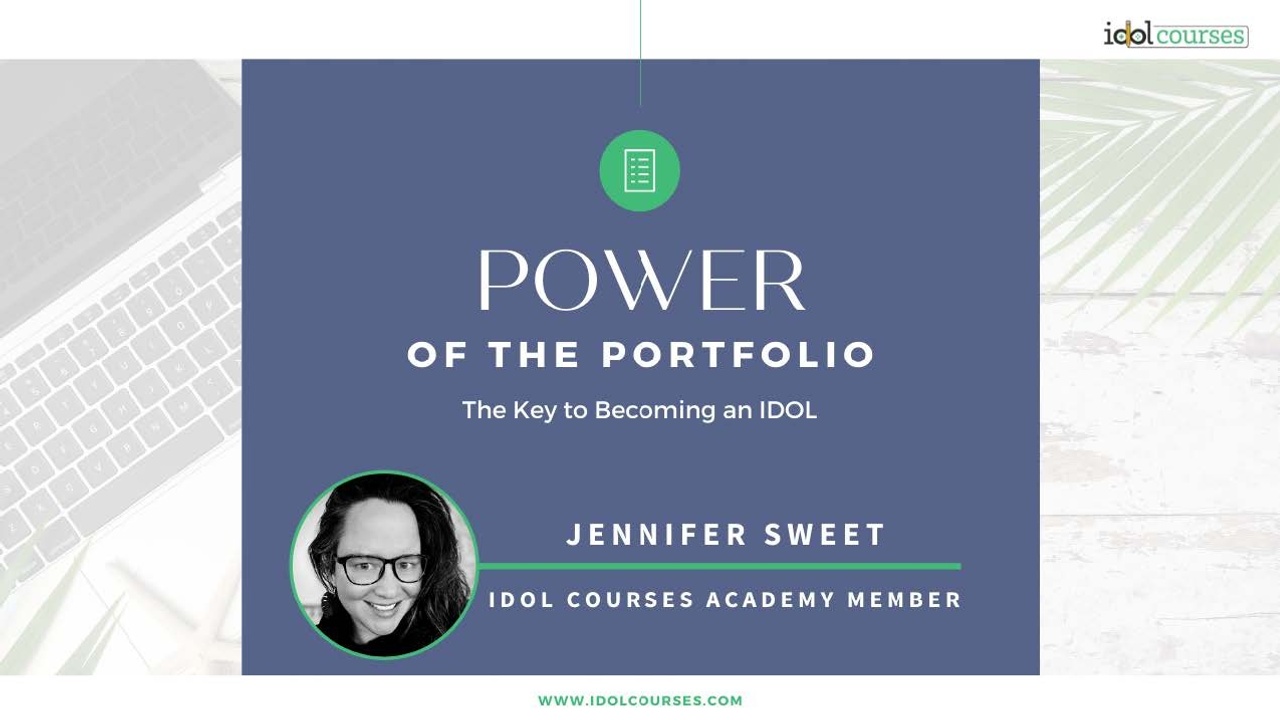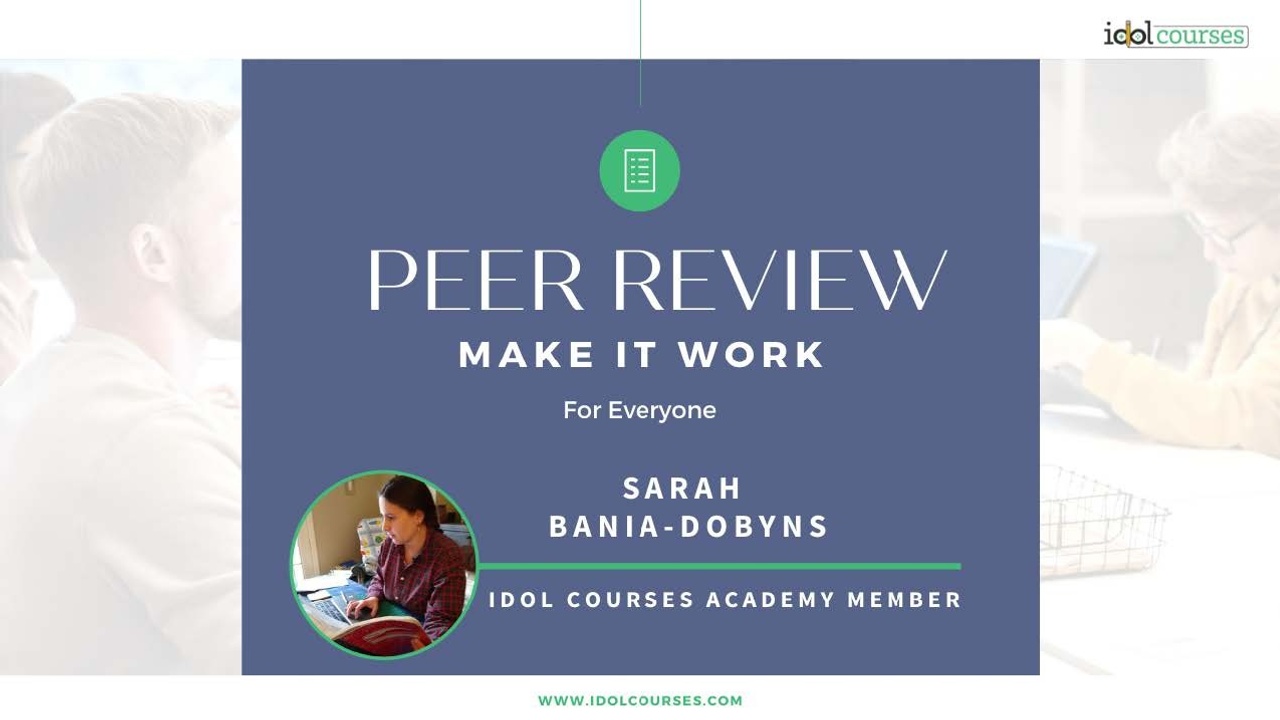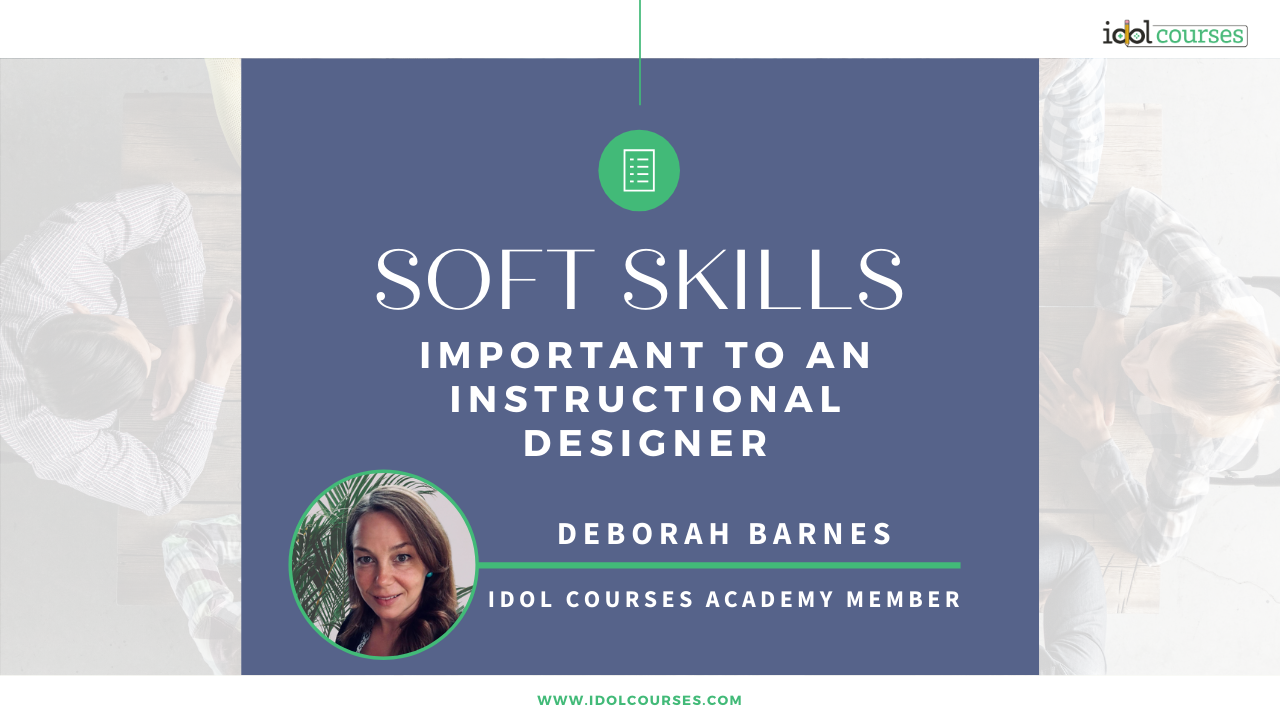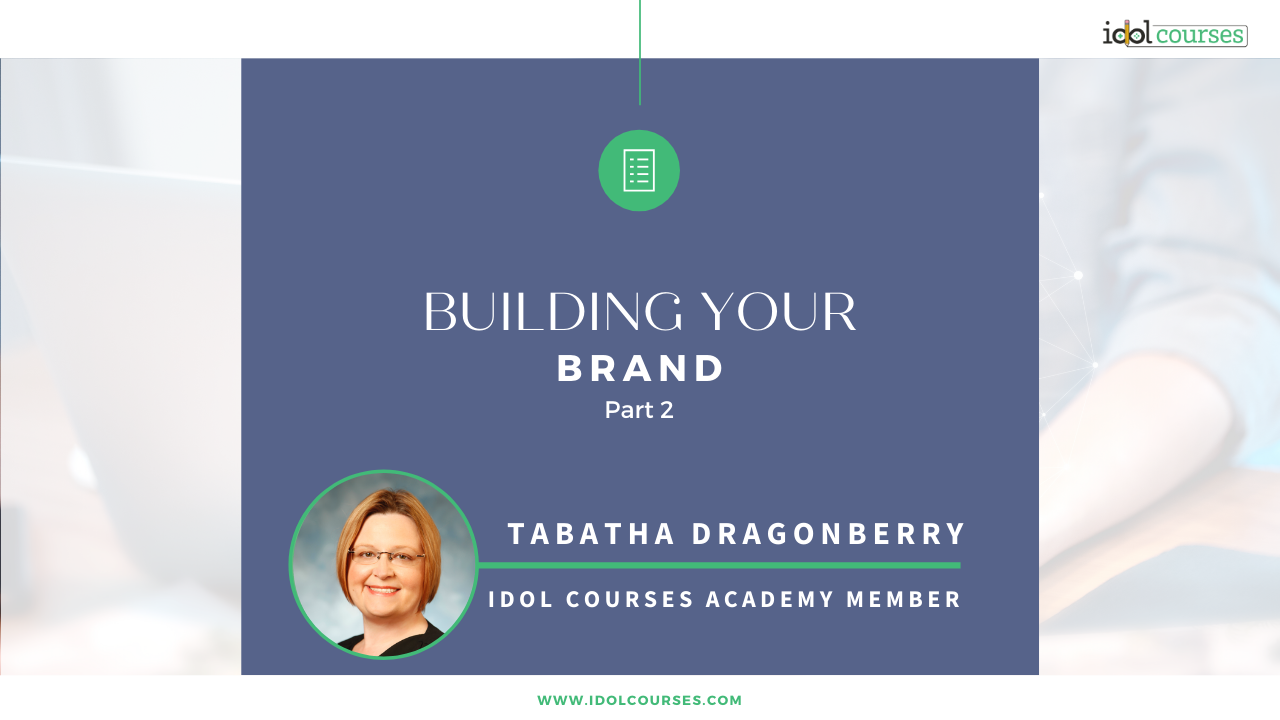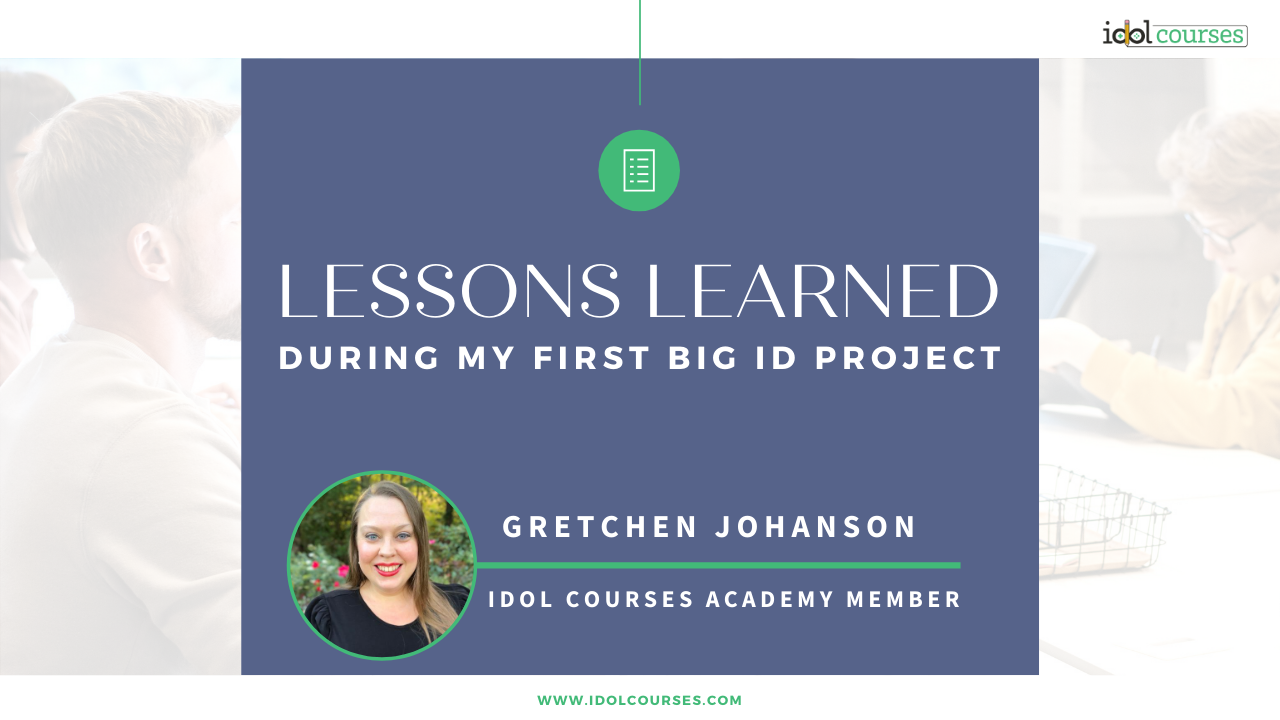
Elevate your instructional design expertise.
Stay ahead with industry news and discover valuable tips and tricks on the IDOL Blog.
Confessions of an IDOL Coach: Part 1
Aug 18, 2023
Event-Specific Self-Reflection
Jun 03, 2022
Start now! 3 Ways to Overcome Perfectionism
May 06, 2022
Doing it Messy - An IDOL Mentor’s First Portfolio
Feb 03, 2022
Power of the Portfolio: The Key to Becoming an IDOL
Jun 15, 2021
Peer Review: Make It Work For Everyone
Jun 06, 2021
Soft Skills: Important to an Instructional Designer
Jan 31, 2021
Building Your Brand: Part 2
Nov 13, 2020
Maximize Failure
Nov 04, 2020
Lessons Learned During My First Big ID Project
Aug 20, 2020
Interested in joining the IDOL community?
Join our newsletter below, where we keep you updated on our upcoming cohorts, events and news within the instructional design industry.

